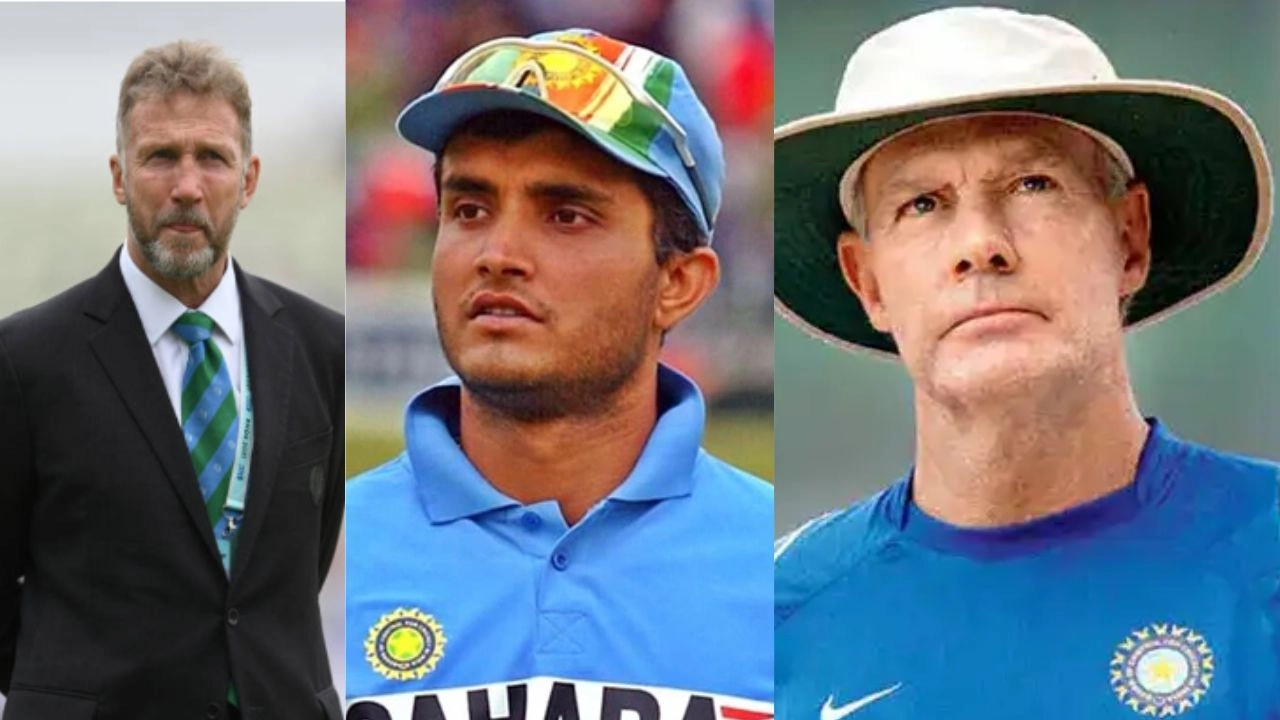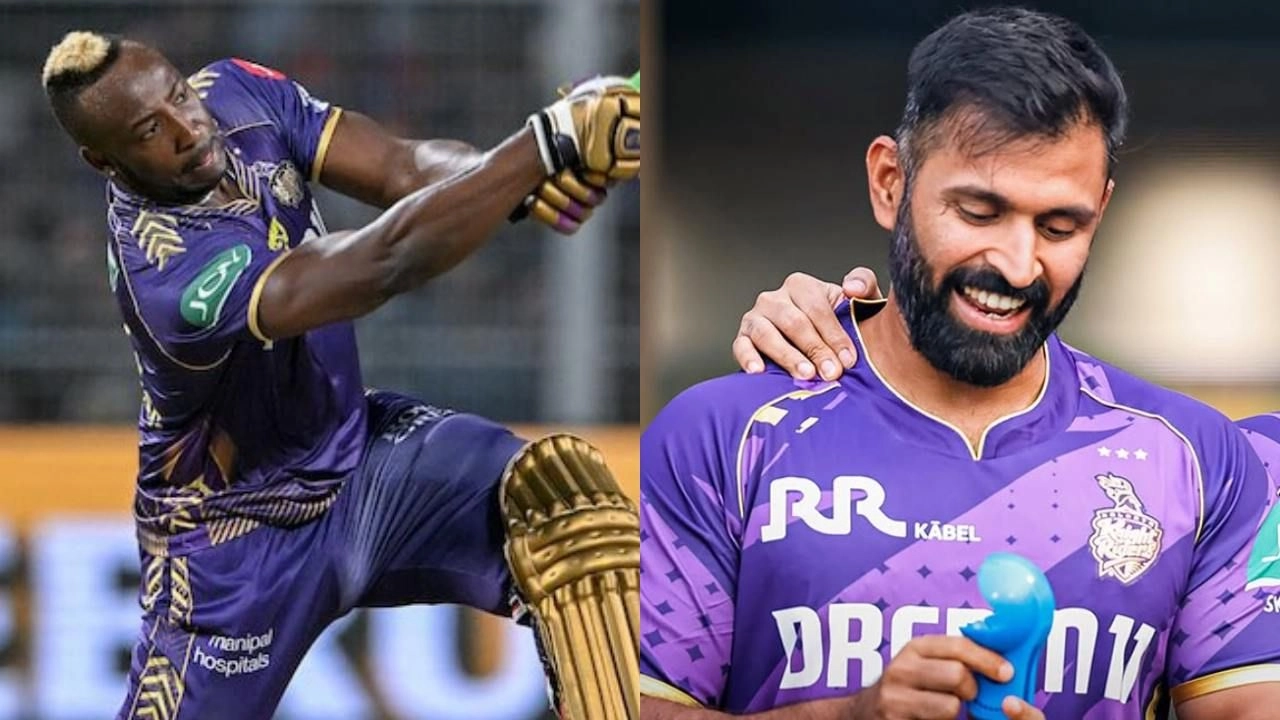The Board of Control for Cricket in India (BCCI) has long been a prominent entity in the world of cricket, but recent revelations have cast a spotlight on its tumultuous history. Following sensational allegations made by Chris Broad, a former England cricketer and respected commentator, the BCCI’s dark past has come under scrutiny. These claims have been supported by Sourav Ganguly, the former captain of the Indian cricket team and a significant figure in the BCCI. This unexpected alliance has sparked discussions about the governance, decision-making, and overall culture within the board, suggesting that the organization has been marred by issues that go beyond mere cricketing performance.
Broad’s allegations touch upon various aspects of the BCCI’s operations, including favoritism, lack of transparency, and questionable decision-making processes. He has highlighted instances where personal relationships and political affiliations may have influenced selections and administrative choices, raising concerns about the integrity of the sport in India. Ganguly’s backing of these allegations is particularly significant, given his dual role as a former player and current administrator within the BCCI. His endorsement lends credibility to Broad’s claims and suggests that there may be a growing recognition within the cricketing community of the need for reform.
The implications of these revelations could be far-reaching. If the BCCI is forced to confront its past and address these issues, it may lead to significant changes in how the organization operates. Such changes could include enhanced transparency in decision-making, a more meritocratic selection process, and a renewed commitment to the principles of fair play and sportsmanship. As the cricketing world watches closely, the dialogue surrounding these allegations may also encourage other former players and stakeholders to speak out about their experiences within the BCCI, potentially leading to a broader movement for reform in Indian cricket.
Ultimately, the exposure of the BCCI’s dark past serves as a reminder of the challenges that can arise in sports governance, particularly in a country where cricket holds immense cultural significance. The need for accountability, integrity, and reform has never been more pressing, and the current conversations initiated by Broad and Ganguly could pave the way for a brighter future in Indian cricket. The journey towards revitalizing the BCCI and restoring faith in its operations will undoubtedly be complex, but it is a necessary endeavor for the health of the sport in India and beyond.




